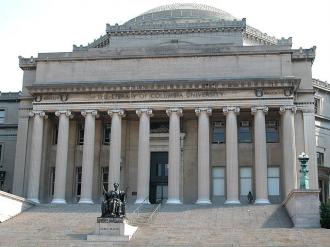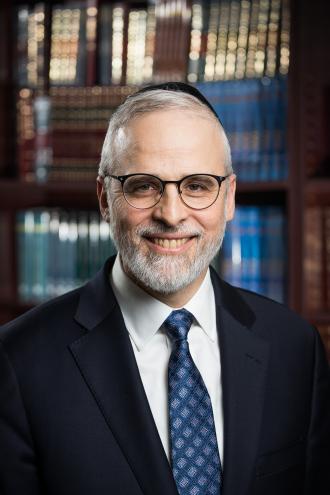In the waning days of the General Assembly session, police reform and COVID-19 are hot topics. In Maryland alone, 3.2 million coronavirus vaccines have been administered as of Wednesday, and police reform laws have received another layer of approval from lawmakers.
Gov. Larry Hogan said Thursday that even though he is interested in “some reasonable reforms" to policing, the final package that emerged from talks between the Senate and the House is a nonstarter.
“Police reform is an important topic and I think there were a number of positive steps that the legislature had proposed,” Hogan told C4 and Bryan Nehman. “There’s been back and forth between the Senate and the House. The Senate passed nine different bills, some of which were really good. They all got totally rewritten over the last day or two by the House. They basically put some poison pills in each of the bills, combined them all together with some of the worst possible stuff, along with some positive reforms.”
One of the bills that passed the General Assembly would end nearly 170 years of state control over Baltimore police. Mayor Brandon Scott said that as the city takes control of its own police department, he would establish a task force to look at ways to trim the department's budget. Though the governor clarified that he has no problem with returning city police to city government, he had a problem with the idea of budget cuts.
Join BJL on WhatsApp Status: Click here to Join BJL status for engagements, births, deals, levayos, events & more
Join BJL on WhatsApp Groups: Click here to Join an official BJL WhatsApp group for breaking news as it happens
"I was shocked and outraged yesterday by the mayor's crazy comments about his desire to defund the police and to slash their budget and shrink them for the next five years," Hogan said. "That is the worst possible thing we could do to stop the violent crime in Baltimore City."
At a news conference, Scott accused Hogan of offering "cookie-cutter comments."
"I know that the governor loved these Republican talking points but this is about reimagining what public safety is in Baltimore," Scott said. "We have to understand... that this city has operated the way that it has for every single year of my life. In every single year of my life, we've been one of the most violent cities in our country."
Scott said his task force isn't tasked with cutting a predetermined amount of money from police. Rather, the task force would look at ways to make the department more efficient. Part of that may include reforming how authorities respond to overdoses and mental health crises.
"Anybody who thinks the police department has been operated the right way in the 37 years I've been alive is a fool," Scott said.
Hogan also complained that lawmakers did little to fight violent crime.
“A good anti-violent crime bill did pass the Senate," Hogan said. "Once again, it’s being held up in the House. It has not come up for a vote. Instead, they’re focused on a bunch of things that’s going to make it harder for police to do their job, and make it easier for violent criminals to continue committing crimes.”
Answering national calls for justice starts at home by fostering an environment of policing that is transparent and accountable. Today, I am proud to say that Baltimore is moving in the right direction.
— Brandon M. Scott (@MayorBMScott) April 7, 2021
Read my full statement here: https://t.co/EQK08GCwYV pic.twitter.com/wHQfglnVpg















